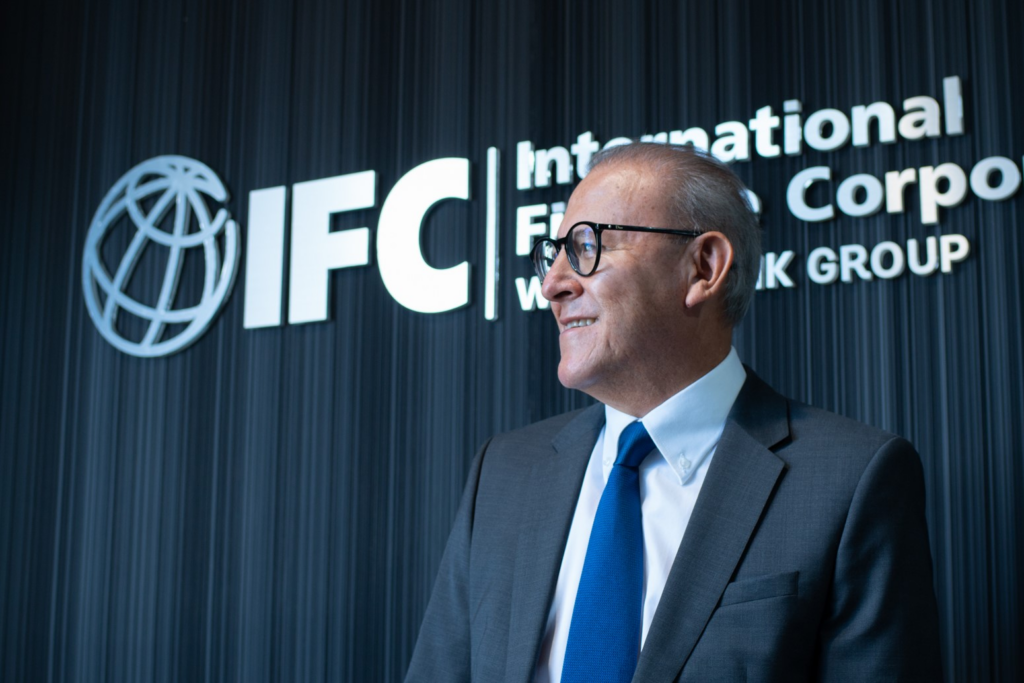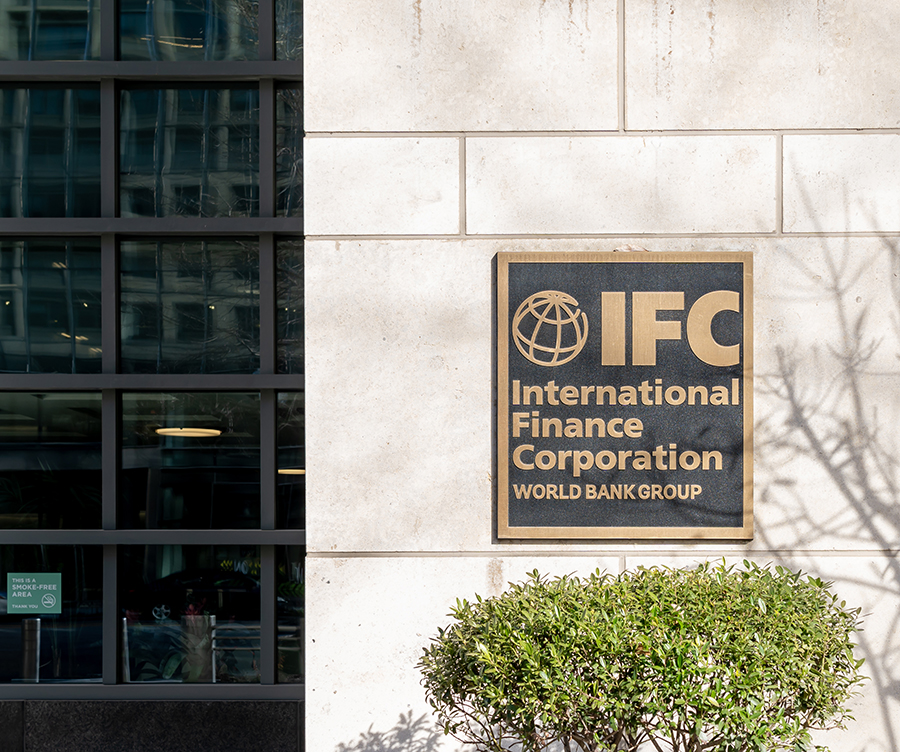Catalyst for Decarbonization: IFC’s $100M investment is part of a $600M package targeting Mexico’s 35% emissions reduction goal by 2030.
Fleet Electrification Drive: Funding supports acquisition of BEVs, HEVs, PHEVs, and charging infrastructure for commercial fleets.
Sustainability-Linked Incentives: Loan ties financing to environmental and gender inclusion benchmarks to foster impact and accountability.
The International Finance Corporation (IFC), part of the World Bank Group, has committed $100 million to Element Fleet Management Corporation to accelerate the transition to electric vehicles (EVs) in Mexico. This marks the first phase of a larger $600 million financing program designed to align with Mexico’s national climate and decarbonization targets.
Structured as a sustainability-linked loan, the deal includes a $75 million A loan from IFC’s own capital and $25 million in B or parallel loans mobilized from external lenders. The structure ties funding to concrete decarbonization and gender inclusion outcomes.
“This financing is a testament to our commitment and an enabler to create an enduring legacy of sustainable and positive impacts,” said Manuel Tamayo, President of Element Mexico. “Sustainability is at the core of our purpose.”

The investment will fund the acquisition of battery electric vehicles (BEVs), hybrids (HEVs), and plug-in hybrids (PHEVs) for Element’s fleet clients, alongside the development of necessary EV infrastructure. By 2029, the initiative aims to slash over 9,000 metric tonnes of CO₂ emissions annually.
Describing the transaction as “groundbreaking,” Juan Gonzalo Flores, IFC Country Manager for Mexico, emphasized the project’s potential to “catalyse the adoption of innovative fleet management models and inspire wider uptake of EVs.”

The loan also includes provisions to increase female workforce participation in Element’s Mexican operations, underlining the role of sustainable transport in fostering inclusive economic growth.
Over the last decade, IFC has invested more than $11 billion in transport infrastructure across emerging markets—positioning itself as a key enabler of low-carbon transition pathways in the private sector.
Follow ESG News on LinkedIn

